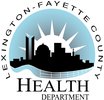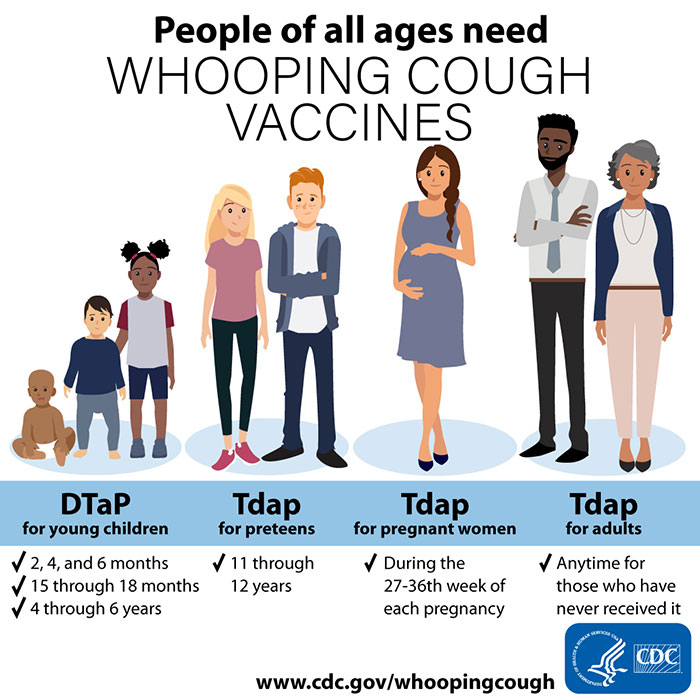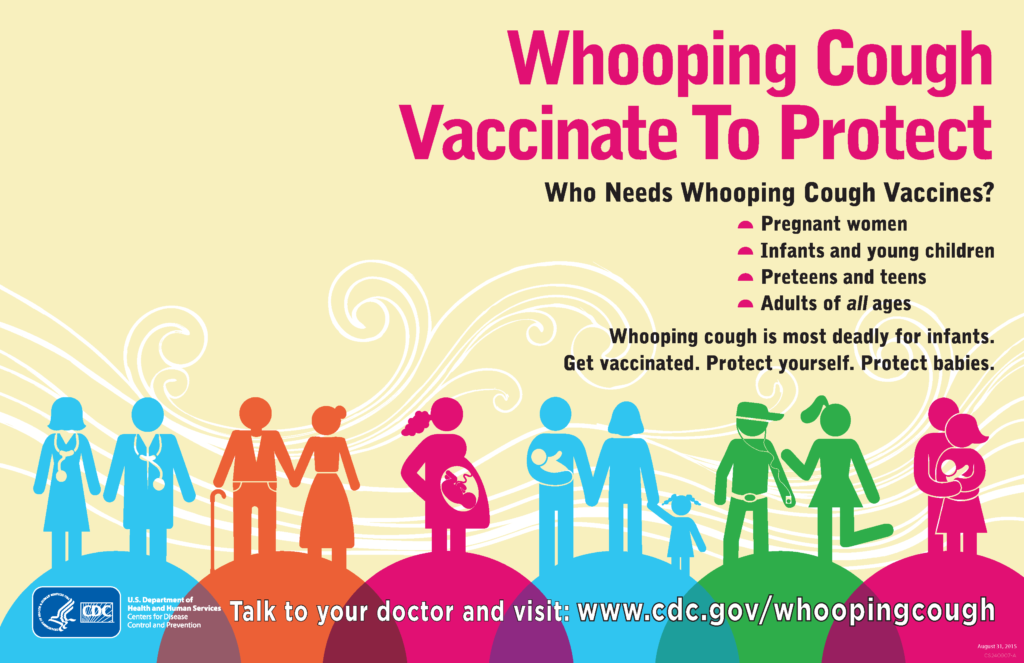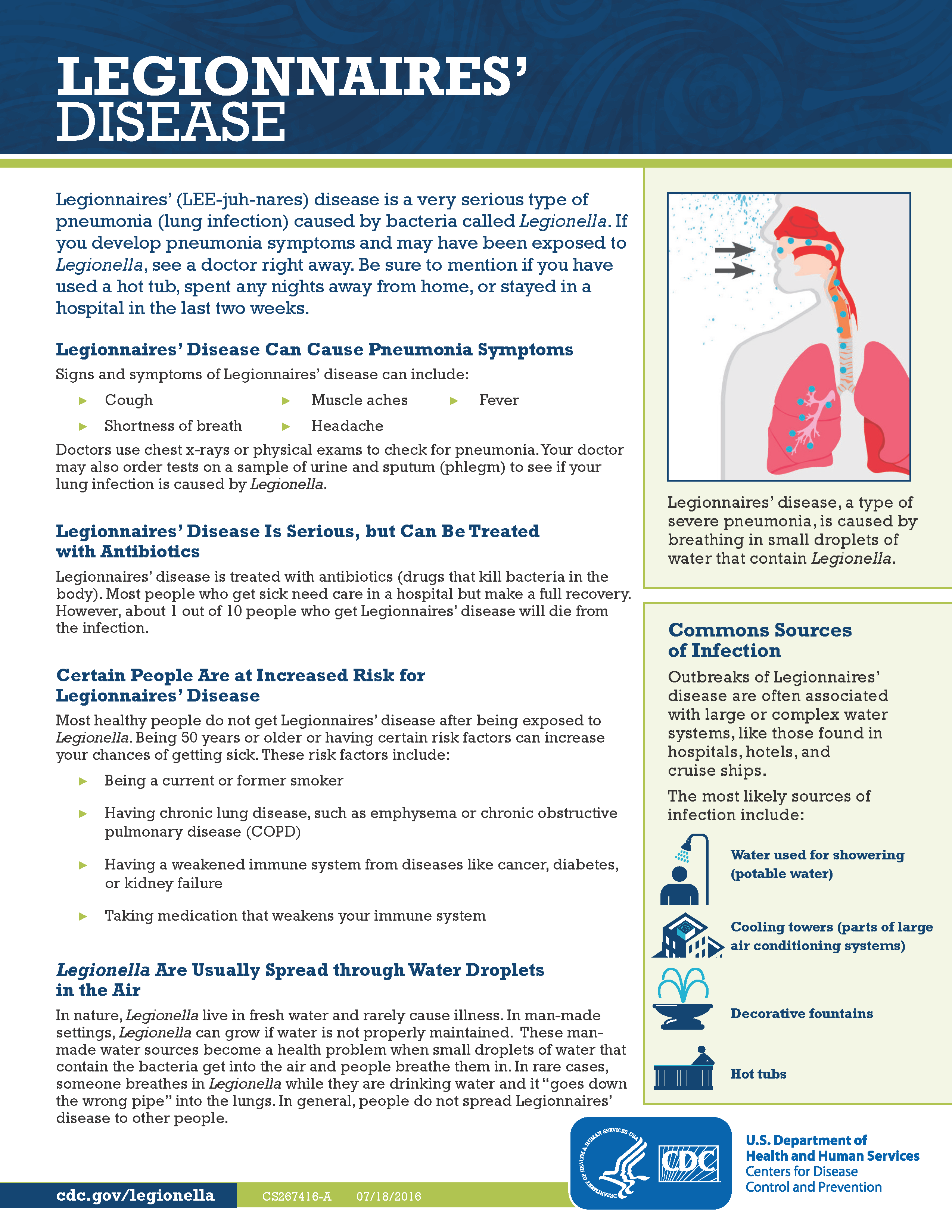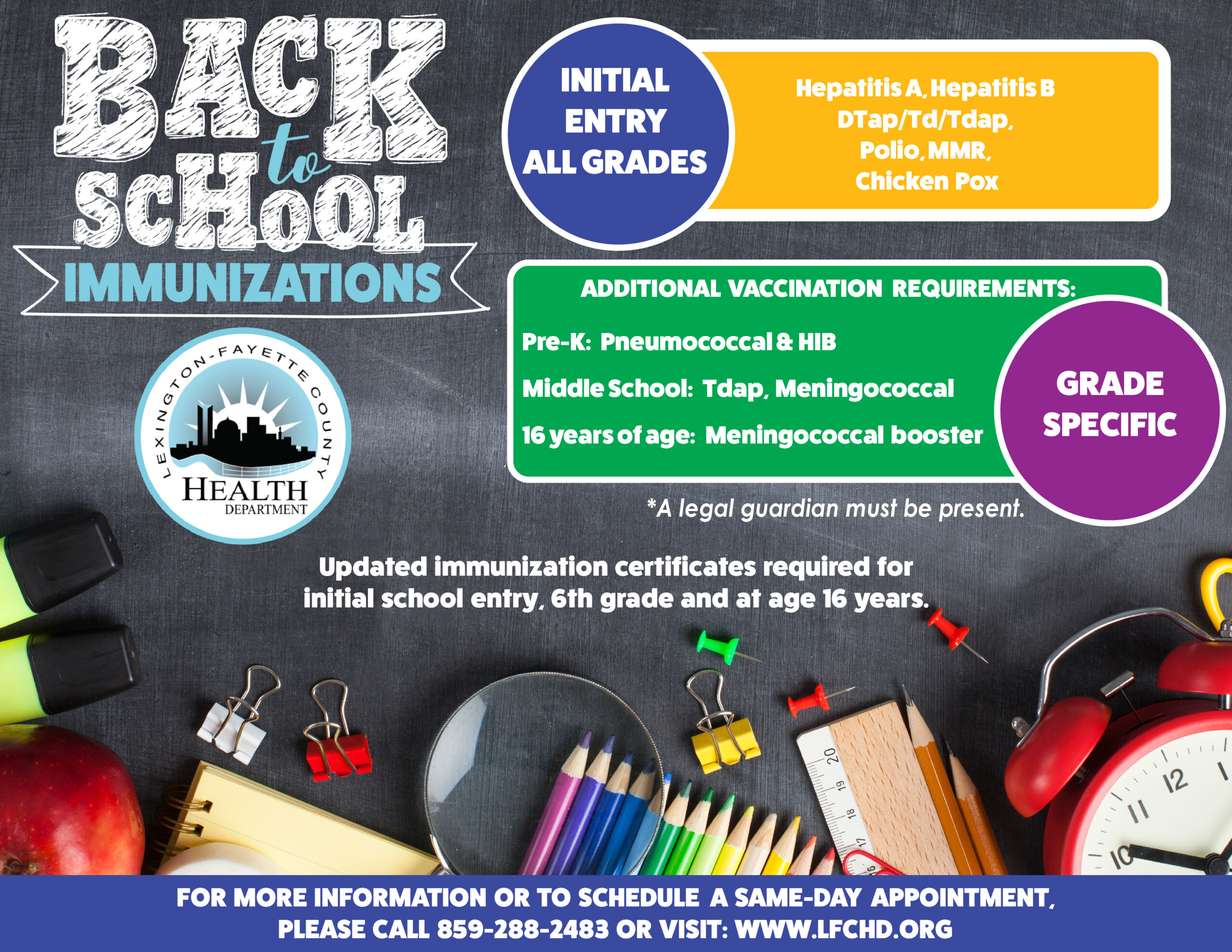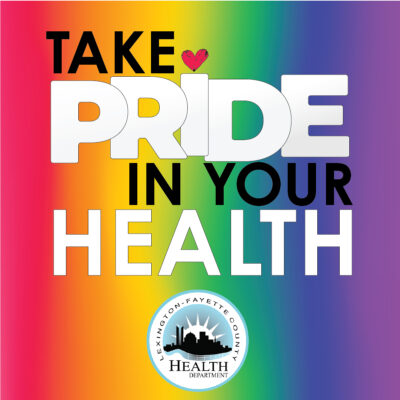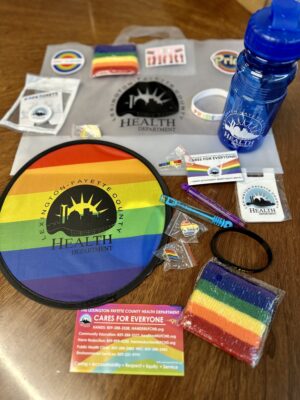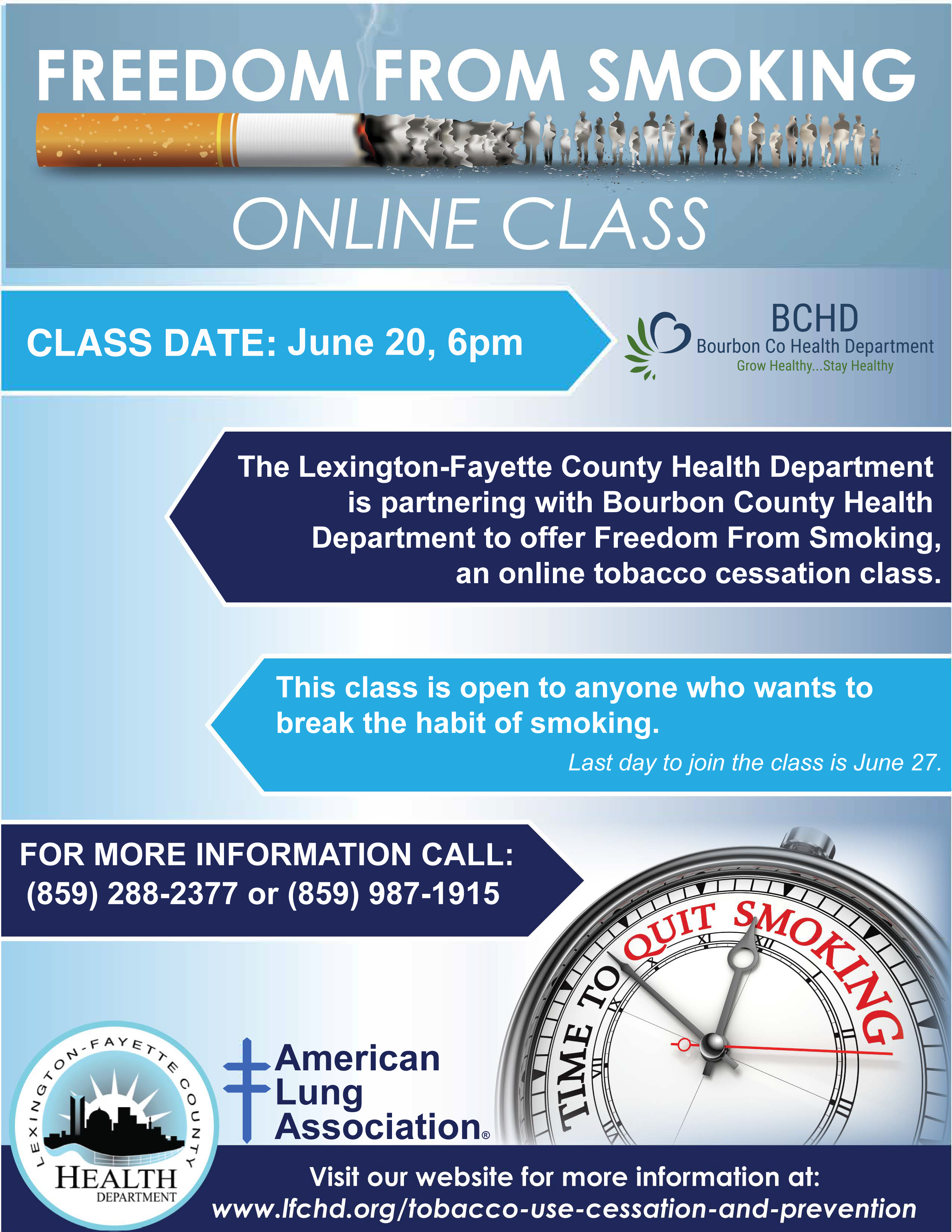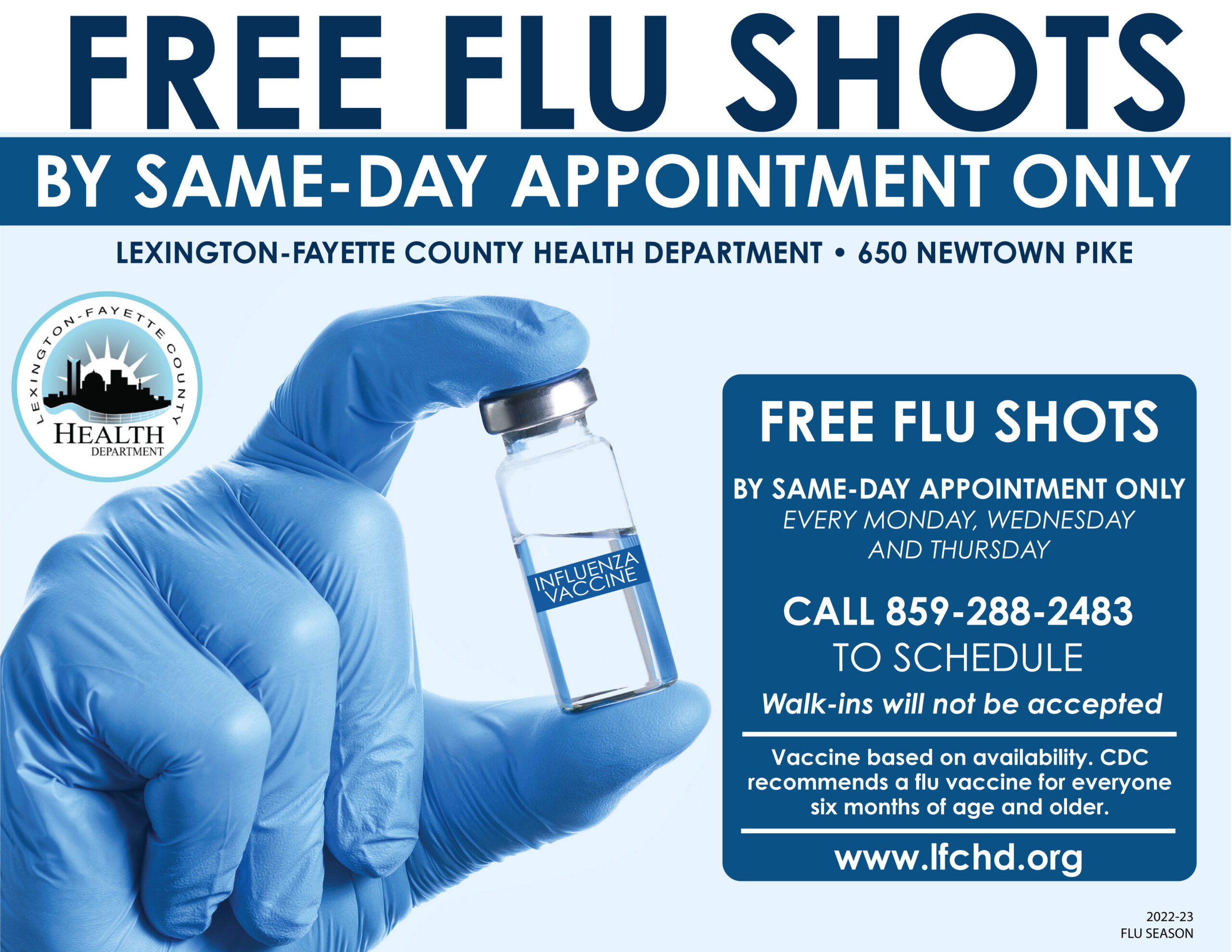The Kentucky Department for Public Health is sharing information about a confirmed measles case in a Jessamine County resident. If you or someone in your family is not up to date on their measles vaccine, make plans now to receive the vaccine. Call our Public Health Clinic (859-288-2483) after 8 a.m. Monday to schedule an appointment, if needed. Learn more about measles at https://www.cdc.gov/measles/index.html.
The measles vaccine is part of the required vaccinations for school-aged children. You can learn more here: School Vaccinations.
State health officials announced a confirmed case of measles identified in a Jessamine County resident. The resident, who is unvaccinated, attended a large spiritual revival on Asbury University’s campus on Feb. 18. No further information about the individual will be released due to privacy concerns.
“Anyone who attended the revival on Feb. 18 may have been exposed to measles,” said Dr. Steven Stack, commissioner of the Kentucky Department for Public Health (KDPH). “Attendees who are unvaccinated are encouraged to quarantine for 21 days and to seek immunization with the measles vaccine, which is safe and effective.”
All reported cases of measles are thoroughly investigated in Kentucky. KDPH is actively collaborating with Asbury University, Jessamine County Health Department and the Centers for Disease Control and Prevention (CDC).
Three cases of measles have now been confirmed in Kentucky over the last three months. The first case was reported in December 2022, in Christian County, and it was linked to the outbreak in Ohio. The second case was reported in January in Powell County and there were no known exposures or connections to the outbreak in Ohio. These two previous cases were thoroughly investigated and neither presented a public health threat.
Measles is a highly contagious respiratory virus that is spread through the air. Early symptoms of measles are typical of many upper respiratory illnesses – fever, cough, conjunctivitis and runny nose – and proceed to the characteristic rash three to five days after symptoms begin.
“If you may have been exposed at Asbury University’s campus and develop any symptoms, whether previously vaccinated or unvaccinated, please isolate yourself from others and call your medical provider, urgent care, or emergency department to seek testing,” said Dr. Stack. “Please do not arrive at a health care facility without advance notice so that others will not be exposed.”
In the United States, the first dose of measles vaccine is routinely administered in combination with mumps and rubella vaccine (MMR) to children at age 12 months through 15 months. A second MMR dose is routinely administered at age 4 through 6 years. Two doses of MMR vaccine are about 97% effective at preventing measles if exposed to the virus.
KDPH is working closely with local health departments in Kentucky to promote MMR vaccination in communities that have low vaccine uptake. Recent data released from CDC indicates that MMR vaccine coverage among Kentucky kindergarteners is among the lowest in the nation and much lower than the Health People 2030 target of 95%
